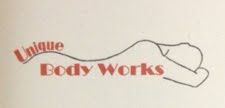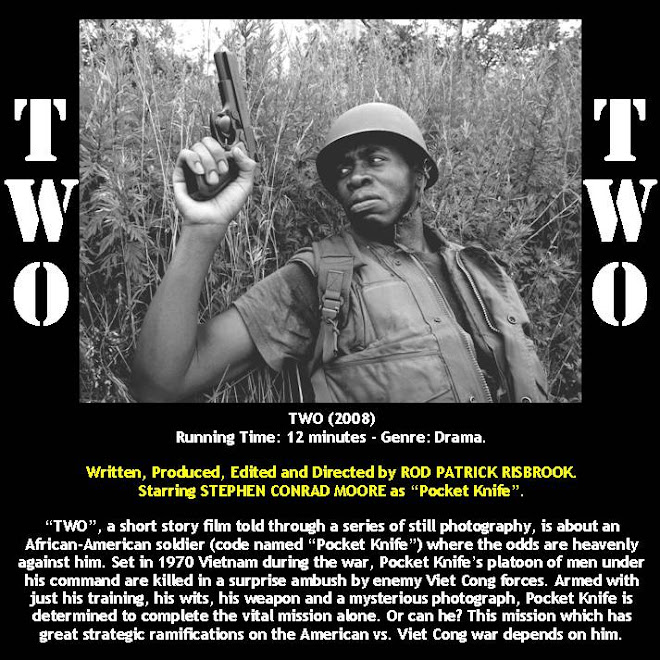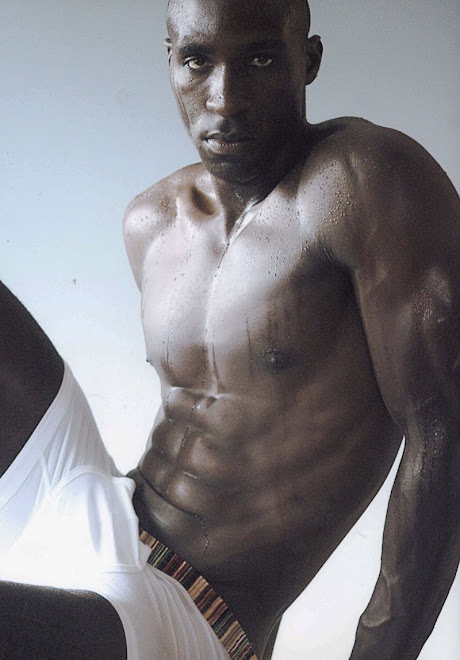
PDA (Public Display of Affection)
As A Resistance Strategy
by John-Martin Green
Regarding the use of Public Displays of Affection as a Same Gender Loving Liberation Movement resistance strategy, no one is saying that brothers should be slobbering all over each other on street corners. But, that we should have the right to is undeniable.
Last weekend (Friday, April 23rd, 2010) we (BMX-NY) conducted our first PDA As Resistance Strategy: Fighting for the Right to Be workshop. There, I suggested that, “Part of the reason many of us find it so hard to find and love and be with each other is because we spend so much time standing outside of acknowledging and being who we really are."
In doing so, we have given other people permission to nullify us, to invalidate us, to neuter us. If heterosexual Black men are “real men,” it is not because they are stronger or otherwise better male specimens than we, but because we are false. We are not true to ourselves. We do not observe the courage to express, indeed, to honor our natural inclination – to be who we really are. So we are fake men. We are fake men every time we cower in the face of our natural attraction to each other, our natural affinity to each other, our natural tendency to admire, appreciate and show affection to each other. Those feelings are real, and we are fake every time we deny them.
Worse yet, we are cowards. When we accept living shut down and cut off from our libidos, we render ourselves eunuchs in the world, having accepted our castration. Is it any wonder that we don’t find each other? Or that, as we do, we rarely manage to stay with each other? After all, who wants to be with someone who doesn’t want to be who he is? Or, who doesn’t know who he really is? Or, who is afraid to be who he is?
I want a “real man” too. But, if what they say is true about likes attracting, then I need to be one, if I’m going to pull one.
Gay identification can not be the key to the kingdom of real-man-ness in the Black community. “Gay” is a substitute for agency as a homosexually-wired Black man. Manhood is bestowed by one’s culture, and the cultural bearings undergirding gay identification are distinctly Eurocentric. That is why it would be useful to acquaint ourselves with the cultural iconography and values attendant to SGL identity.”
The reason why the Gay and Lesbian Liberation Movement has gained such extraordinary traction in the past generation has to do with that movement’s having taken strength from its cultural bearings. It is no accident that, for the first time in the history of this nation, same-sex headed households are counted in the current census; or that the President has pledged to overturn the Don’t Ask, Don’t Tell military policy and made it a priority of his administration; or that same-sex marriage is the new law of the land in a half dozen states and counting. Undoubtedly, these are marvelous, eureka-style, hosanna lauding leverages the movement has achieved. However, while we too can benefit from these advances, we should ask ourselves whether these are rights most pressing to us as individuals and as a community?
It is our culture which endows us with our identity. Our cultural identity endows us with our sense of collective entitlement as citizens of our society. Our entitlement spurs us to claim our citizenship privileges. In the same way that we honor ourselves as African or Caribbean American, or Latino, our sexual identification is an aspect or extension of our culture. If we understand that same gender loving experience is an intrinsic facet of everyday Black life, then it is incumbent upon us to respect and celebrate it thusly. We have yet to clearly define which privileges are most pressing to us – let alone how we will go about getting them. Let’s get a move[ment] on, shall we?
Last weekend (Friday, April 23rd, 2010) we (BMX-NY) conducted our first PDA As Resistance Strategy: Fighting for the Right to Be workshop. There, I suggested that, “Part of the reason many of us find it so hard to find and love and be with each other is because we spend so much time standing outside of acknowledging and being who we really are."
In doing so, we have given other people permission to nullify us, to invalidate us, to neuter us. If heterosexual Black men are “real men,” it is not because they are stronger or otherwise better male specimens than we, but because we are false. We are not true to ourselves. We do not observe the courage to express, indeed, to honor our natural inclination – to be who we really are. So we are fake men. We are fake men every time we cower in the face of our natural attraction to each other, our natural affinity to each other, our natural tendency to admire, appreciate and show affection to each other. Those feelings are real, and we are fake every time we deny them.
Worse yet, we are cowards. When we accept living shut down and cut off from our libidos, we render ourselves eunuchs in the world, having accepted our castration. Is it any wonder that we don’t find each other? Or that, as we do, we rarely manage to stay with each other? After all, who wants to be with someone who doesn’t want to be who he is? Or, who doesn’t know who he really is? Or, who is afraid to be who he is?
I want a “real man” too. But, if what they say is true about likes attracting, then I need to be one, if I’m going to pull one.
Gay identification can not be the key to the kingdom of real-man-ness in the Black community. “Gay” is a substitute for agency as a homosexually-wired Black man. Manhood is bestowed by one’s culture, and the cultural bearings undergirding gay identification are distinctly Eurocentric. That is why it would be useful to acquaint ourselves with the cultural iconography and values attendant to SGL identity.”
The reason why the Gay and Lesbian Liberation Movement has gained such extraordinary traction in the past generation has to do with that movement’s having taken strength from its cultural bearings. It is no accident that, for the first time in the history of this nation, same-sex headed households are counted in the current census; or that the President has pledged to overturn the Don’t Ask, Don’t Tell military policy and made it a priority of his administration; or that same-sex marriage is the new law of the land in a half dozen states and counting. Undoubtedly, these are marvelous, eureka-style, hosanna lauding leverages the movement has achieved. However, while we too can benefit from these advances, we should ask ourselves whether these are rights most pressing to us as individuals and as a community?
It is our culture which endows us with our identity. Our cultural identity endows us with our sense of collective entitlement as citizens of our society. Our entitlement spurs us to claim our citizenship privileges. In the same way that we honor ourselves as African or Caribbean American, or Latino, our sexual identification is an aspect or extension of our culture. If we understand that same gender loving experience is an intrinsic facet of everyday Black life, then it is incumbent upon us to respect and celebrate it thusly. We have yet to clearly define which privileges are most pressing to us – let alone how we will go about getting them. Let’s get a move[ment] on, shall we?
 John-Martin Green is co-founder and Executive Director of The Black Men’s Xchange-New York (BMX-NY), an empowerment organization of same gender loving (SGL) and bisexual African descended men which works to bridge gaps and build dialogue and community with the larger Black community. BMX-NY is a pro-Black organization built on a philosophy that embraces same gender loving experience as an intrinsic facet of everyday Black
John-Martin Green is co-founder and Executive Director of The Black Men’s Xchange-New York (BMX-NY), an empowerment organization of same gender loving (SGL) and bisexual African descended men which works to bridge gaps and build dialogue and community with the larger Black community. BMX-NY is a pro-Black organization built on a philosophy that embraces same gender loving experience as an intrinsic facet of everyday Black  life. Integral to BMX-NY’s approach is the understanding that, in order to decrease internal and external homo-reactionary thinking, and demystify differences around diverse ways of living, loving and being, homosexual, bisexual and transgendered Black people must engage in supportive dialogue with each other and the community.
life. Integral to BMX-NY’s approach is the understanding that, in order to decrease internal and external homo-reactionary thinking, and demystify differences around diverse ways of living, loving and being, homosexual, bisexual and transgendered Black people must engage in supportive dialogue with each other and the community.
John-Martin is also Co-Founder and Co-Artistic Director of Blackberry Productions, Inc. Theatre Company (BP). Through BP John-Martin creates original theatre that reflects untold stories and history of African Americans, and uses the arts in schools and community-based-organizations to nurture the cultural health of our communities. An important facet of the cultural work John-Martin and his cohorts have undertaken lo the past twenty-five years lies in excavating the history and culture of Africans in the Diaspora, towards reconnecting us with ourselves. As we remember who we are, we are empowered to act as agents in our own struggle, our own progress.
As an educator, Mr. Green was a Co-founder and Co-Director over a decade, of Changing Scenes, an OBIE Award winning arts-based crisis intervention program for juvenile offenders. There he created a theatre workshop wherein participants explored their relationship to issues of human needs, power , control, self-concept, personal responsibility and societal expectations. At the Young Adult Learning Academy with BP, Mr. Green helped create interdisciplinary arts-based curricula that sparked creativity and receptivity to learning. Mr. Green has taught theatre at New School University, Brooklyn College, and SUNY campuses at Old Westbury and Nassau Community College.
He holds a BFA in Drama from Bard College and an MFA in Directing from Brooklyn College.





+LR+Edit+32.jpg)


.jpg)


























.jpg)



